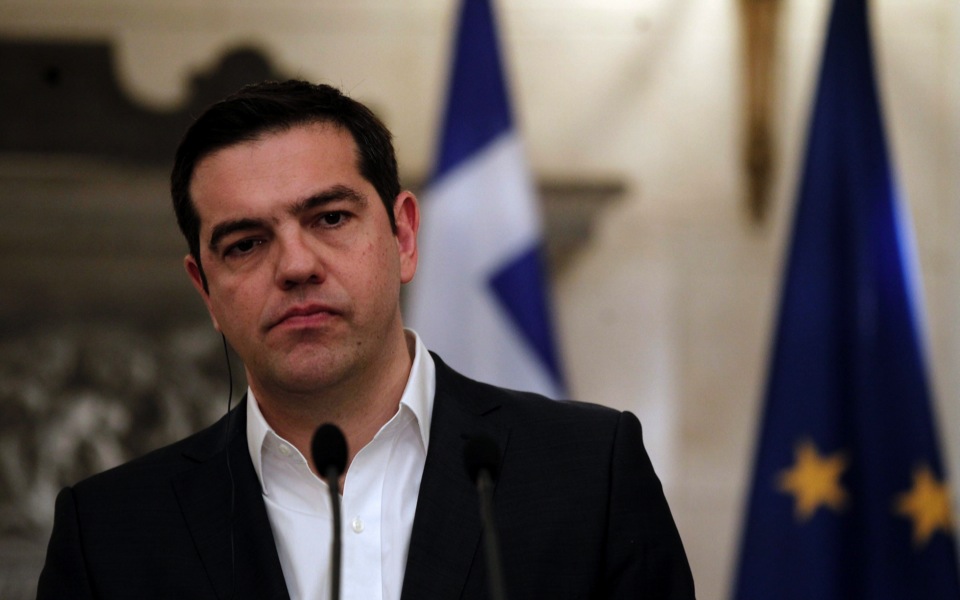Between inertia and panic

The government cannot manage the challenge of fighting on one front yet keeps making things more difficult for itself on issues that are critical for the country. One wonders whether it has a plan or whether the plan is to pretend to do much while doing nothing. I fear that the second case applies: It is like the novice juggler who cannot hide his inability to keep two balls in the air and so picks up 10, thinking that in the general confusion and with much talk about his high aspirations no one will notice that all the balls land on the ground.
On the economic front, the government is doing what it did from the start: After running down the clock (and exhausting whatever reserves were left in the economy and society), it suddenly tries to go on the offensive. First, it attempts to divide the troika, with the prime minister insulting one of the lenders (the International Monetary Fund this time, but the president of the European Central Bank, the European Commission and individual leaders are past targets). Then, Alexis Tsipras seeks the support of other troika members, managing only to get them to repeat that Greece must stick to its commitments. In its effort to show party supporters that it is calling the shots, the government destroys whatever credibility the country still had while retreating to a position that was worse than the one from which he started.
In the refugee and migrant crisis, this government was not the first to turn a blind eye while the flood of people did not stop here. It is unique, though, in that when our northern neighbors closed their borders it continued to pretend that nothing had happened. It had two aims: First, like our EU partners, the government hoped that refugees and migrants would stop coming to Greece when they learned that they would be trapped here; second, by leaving thousands of people to their fate in Idomeni on the border, the government could underline its argument that it is good and tolerant while our Balkan neighbors are not.
The result? Nongovernmental organizations and volunteers had to fill the vacuum of state management in many places. Among them came a few fantasist activists who wanted to override the existence of the borders and found it unsettling that – unlike in Greece – the police of other countries do not tolerate being challenged. In this way we made our neighbors look more determined to protect their borders (and Europe’s, as they like to point out), prompting their leaders to talk condescendingly of Greece. Also, Turkey, enjoying its importance as gatekeeper of the EU, found the opportunity to test Greek nerves by continually sending fighter planes over Greek islands in the eastern Aegean, raising tension even further in a government that is both untested and arrogant.
The sad thing is that Greece has partners and allies and much right on its side. It does not need to lurch from impasse to impasse. Sober evaluation of the situation, the right use of human, material and financial resources, and a serious discussion with our friends would have resulted in some solutions, putting an end to the fatal swinging between inertia and panic.





